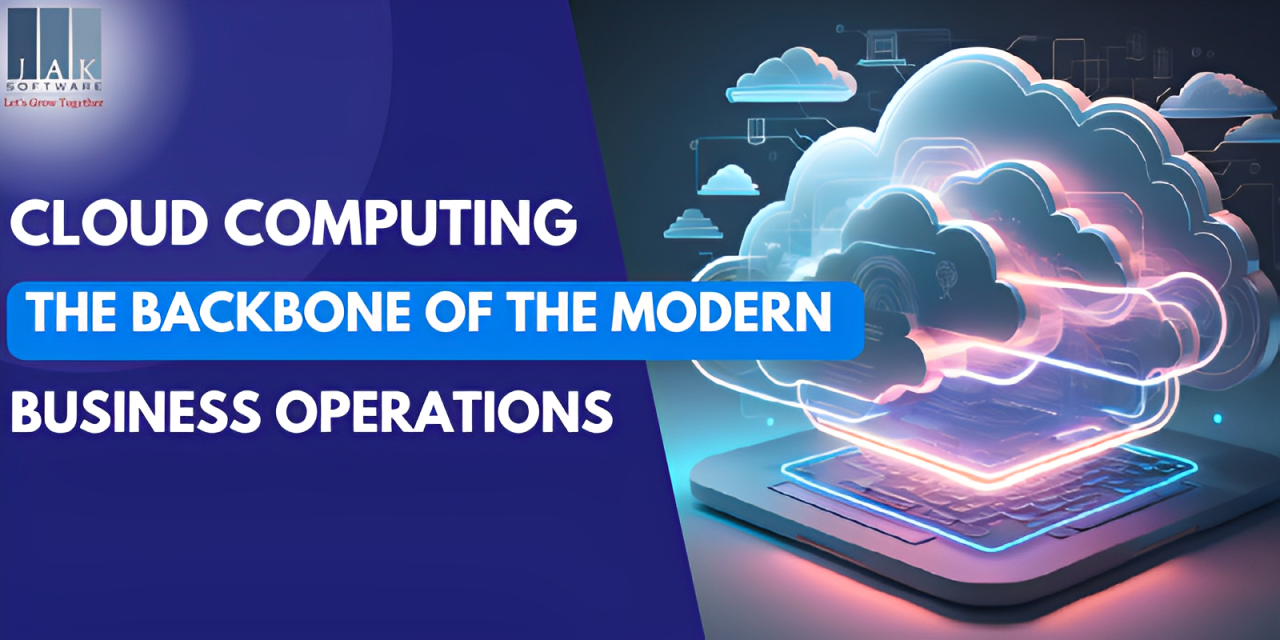1. What Are Cloud Servers?
Unlike traditional physical servers, cloud servers are accessible over the internet, making them incredibly flexible and efficient. Think of them as virtual workhorses—they store, process, and manage data without taking up physical space in your office. This accessibility allows businesses to operate seamlessly across different locations, catering to remote teams and global audiences. Top IT companies rely on cloud servers for their operations, taking advantage of their scalability, reliability, and performance to stay ahead in the competitive market.
2. How Do Cloud Servers Work?
Imagine a shared apartment building where residents can access shared amenities like the gym or swimming pool. In the same way, cloud servers utilize resources from a collective group of physical servers. They employ virtualization technology to split physical servers into several virtual servers, with each functioning autonomously. This ensures that users get scalable, reliable, and secure performance without the hassle of maintaining hardware. Furthermore, sophisticated load-balancing techniques effectively distribute traffic, ensuring no slowdowns or outages during peak demand times.
3. Types of Cloud Servers
Cloud servers don’t offer a universal solution that fits every need. Here are the main types:
- Public cloud: refers to a system of shared resources that multiple users can access over the internet. Perfect for startups and small businesses seeking affordable options.
- Private Cloud: Dedicated servers for a single organization, offering more control, customization, and security. Ideally suited for sectors like healthcare and finance.
- Hybrid Cloud: A blend of public and private cloud environments, offering the benefits of each. Companies can store sensitive information on private servers while utilizing the public cloud for non-essential tasks.
- Multi-Cloud: The use of multiple cloud providers for different tasks, ensuring redundancy, and specialized services.
4. Benefits-of-Cloud Servers
Why are cloud servers so popular? Let’s break it down:
- Adaptability: Adjust resources up or down according to your requirements. Whether you’re launching a new app or running a marketing campaign, cloud servers can adapt instantly.
- Cost Efficiency: Pay solely for what you consume, without the need for initial hardware investment. This approach is especially useful for startups and small enterprises.
- Worldwide-Access: Retrieve your data and applications from any location, facilitating smooth remote work and international collaboration.
- Reliability: Built-in redundancies and failover mechanisms minimize downtime, ensuring uninterrupted operations even during server failures.
- Environmentally-Friendly: Cloud servers optimize resource use, reducing energy consumption compared to traditional servers.
5. Cloud Servers and Ecommerce
Ecommerce thrives on speed and reliability. Cloud servers enable online retailers to manage heavy traffic during events such as Black Friday sales. Additionally, they optimize Ecommerce SEO by providing fast-loading websites, which search engines love. After all, who wants to shop on a slow website? Moreover, cloud servers enable real-time inventory management and personalized shopping experiences, boosting customer satisfaction and sales.
6. Enhancing Social Media Marketing
Social media platforms generate large volumes of data daily. It helps marketers process and analyze this data to create targeted campaigns. Want to know what’s trending or track your ad performance? Cloud technology has your back. It also supports seamless content delivery, ensuring that videos, images, and posts load quickly, enhancing user engagement. For social media marketing, cloud servers are indispensable.
7. Supporting Top IT Companies
The top IT companies rely on cloud servers for their operations. From developing applications to hosting services, these servers offer the scalability and reliability needed to stay ahead in a competitive market. They also assist in optimizing workflows and lowering infrastructure expenses. Companies like Amazon, Google, and Microsoft have revolutionized the industry by offering robust cloud solutions that cater to diverse needs, from startups to multinational enterprises.
8. Security in Cloud Computing
Worried about security? Cloud providers invest heavily in safeguarding data. From encryption to multi-factor authentication, they employ cutting-edge technologies to protect your information. It’s like having a digital fortress guarding your data 24/7. Additionally, regular updates and compliance with international standards, such as GDPR and HIPAA, ensure that your data remains secure and compliant.
9. Role in SEO Marketing Services
It plays a crucial role in delivering SEO marketing services. With their high-speed performance, they improve website load times and enhance user experiences—two critical factors in search engine rankings. Moreover, they support advanced analytics tools that help marketers refine their strategies. By leveraging Cloud Servers marketing, businesses can track keywords, monitor competitors, and generate actionable insights to boost their online visibility.
10. Cost-Effectiveness of Cloud Servers
Traditional servers require significant upfront investments. On the other hand, It functions on a pay-per-use basis. This makes them a cost-effective choice for businesses of all sizes, especially startups and small enterprises. Additionally, cloud servers eliminate the need for physical maintenance and upgrades, saving time and money in the long run.
11. Scalability: A Game-Changer
Need more storage or processing power? With this, scaling is as easy as adjusting a slider. Whether expanding your business or handling seasonal demand, cloud technology ensures you’re never caught off guard. This scalability also supports innovation, allowing businesses to experiment with new ideas without significant financial risks.
12. Real-Life Applications
Cloud servers aren’t just for tech companies. They power:
- Online Learning Platforms: Enabling remote education and virtual classrooms.
- Healthcare Systems: Storing and managing patient records securely.
- Streaming Services: Delivering seamless entertainment experiences.
- Financial Applications: Supporting online banking and secure transactions.
- Gaming Platforms: Hosting multiplayer games with low latency.
In short, they’re everywhere, driving innovation across industries.
13. Cloud Servers vs Traditional Servers
On the other hand, is like using a rideshare app. You get where you need to go without worrying about the details. This ease of use makes it the top choice for contemporary businesses. Furthermore, accessing resources on-demand gives a clear edge over their traditional counterparts.
14. Challenges in Cloud Adoption
While the benefits are clear, adopting servers isn’t without challenges:
- Data Privacy Concerns: Regulations like GDPR require businesses to handle data carefully.
- Downtime Risks: Although rare, outages can disrupt operations and affect customer trust.
- Learning Curve: Teams may need training to leverage cloud technology Additionally, migrating legacy systems to time-consuming.
Conclusion
Cloud servers have transformed the way businesses operate by offering flexible, scalable, and cost-effective solutions. They support a wide range of industries, from ecommerce and social media marketing to healthcare and IT. Despite the challenges, such as data privacy concerns and potential downtime, the advantages of cloud computing—such as enhanced security, global accessibility, and resource optimization—make it an indispensable tool for modern businesses. As technology continues to evolve, the adoption will likely increase, helping organizations innovate, grow, and stay competitive in a fast-paced digital landscape.




